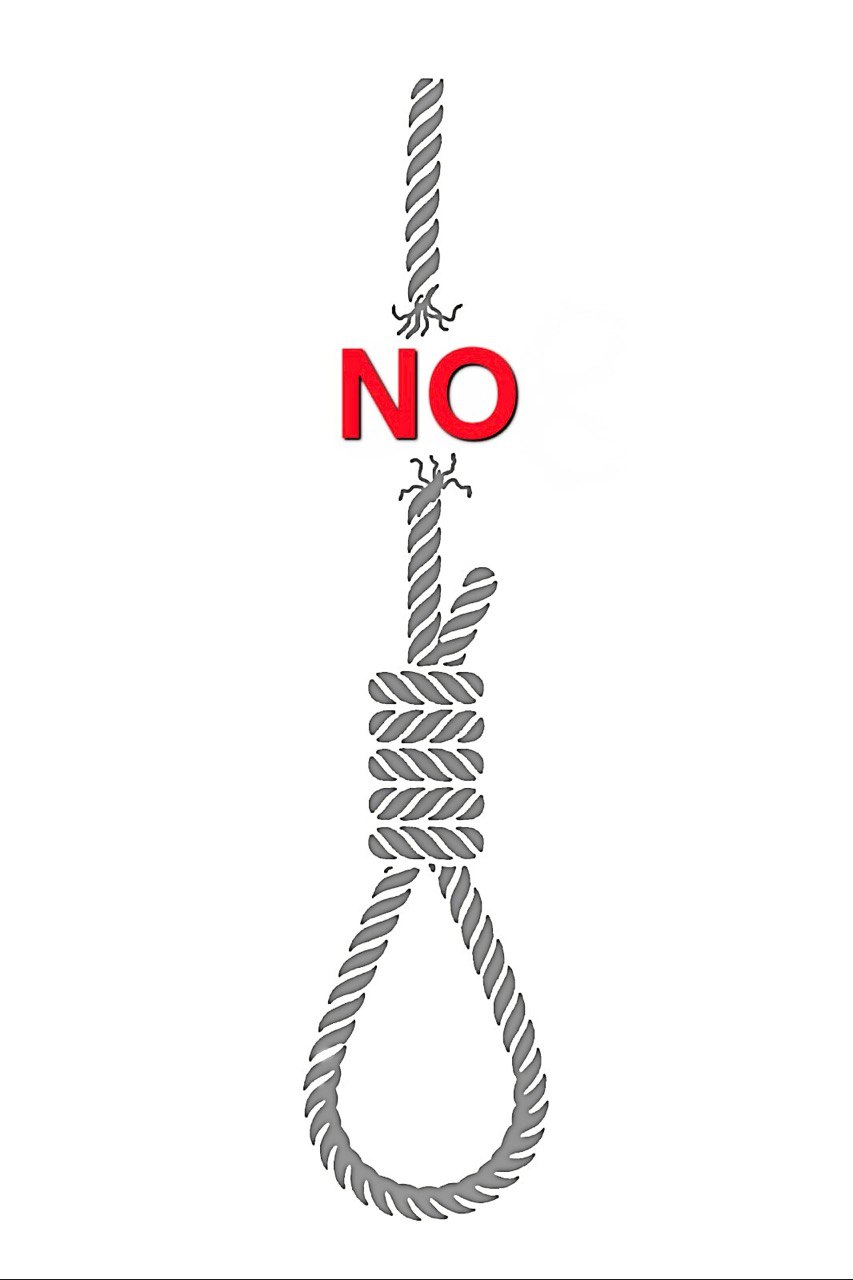Hunger strikes against human rights violations in Iran’s prisons
Since January 8, 2022, several political prisoners in the Evinprison in Iran have protested against the authorities’ involvement in the death of the author and poet BaktashAbtin. He was only 49 years old and suffered from Covid-19. He died while in the infamous Evin prison in Tehran. His fellow prisoners are protesting by going on hunger strike and demanding that the prison authorities be held accountable for deliberately neglecting the deaths of Baktash Abtin and other prisoners by providing them with adequate medical treatment.
The prison authorities ignored the prisoners’ protests, which caused a wave of hunger strikes in a number of prisons, including in Fashafouyeh and the Qarchak Women’s Prison.
Prisoners demand that the prison authorities be held accountable for Baktash Abtin’s death and for deliberate negligence and for refusing to provide medical treatment to political prisoners. In Abtin’s case, he was deliberately deprived of emergency medical treatment when he suffered from covid.
Prisoners’ hunger strike was supported by human rights activists in Iran and other countries. A number of human rights activists in Iran have also joined the hunger strike outside these prisons to support the political prisoners.
Prisoners on hunger strike include two detained dual citizens, Anooshe Ashoori, a British-Iranian citizen, and Kamran Ghaderi, an Austrian-Iranian citizen.
Ashoori and Ghaderi protest against the Islamic regime’s use of people with dual citizenship as hostages and a bargaining chip in their deliberations with the EU, Britain and the United States.
The physical condition of the political prisoners as hunger strikes deteriorated and several of those in the Evin prison were taken to the prison clinic, where they were insulted and threatened by prison officials.
The political prisoners in Iran need our support. Two Swedish citizens who are also Iranian citizens are in Iran’s prisons Ahmadreza and Chaab. Ahmadreza’s health has been very poor for a long time. His family in Sweden is following the development with great concern. The situation of the political prisoner Chaab is unknown.
Although I have repeatedly asked questions about Ahmedreza and Chaab, I have never received any concrete answers. Something more must be done in addition to the hitherto ineffective so-called critical dialogue that for 40 years yielded no results.
It is time for Sweden as an individual country and through the UN and the EU to demand that an international delegation visit political prisoners and investigate the conditions in the prisons in Iranian prisons and meet Ahmadreza, Chaab and other political and conscientious prisoners with dual citizenship. But also the famous women’s rights activists such as Negar Mohammadi, Nasrin Sotudeh, Zara Mohammadi, Zenayb Jalalian, Yasamen Armani, Sepideh Gholian and others. Sweden and the EU should make this a condition in their diplomatic and bilateral agreements with the Iranian regime. The abolition of the death penalty should be central to all negotiations with the Iranian regime.
In view of the above, I would like to ask the Minister for Foreign Affairs:
If Sweden becomes an individual country and in the UN and the EU actively pursues the abolition of the death penalty against the Iranian regime and in the EU and the UN demands that an international delegation that visits the prisons that house political prisoners and there examines the health among them on the spot and in negotiations with the Iranian theregime demands the release of Ahmadreza and Chaab other political and prisoners of conscience?
Best regards,
Amineh Kakabaveh, Independent Socialist MP of the Swedish Parliament,



